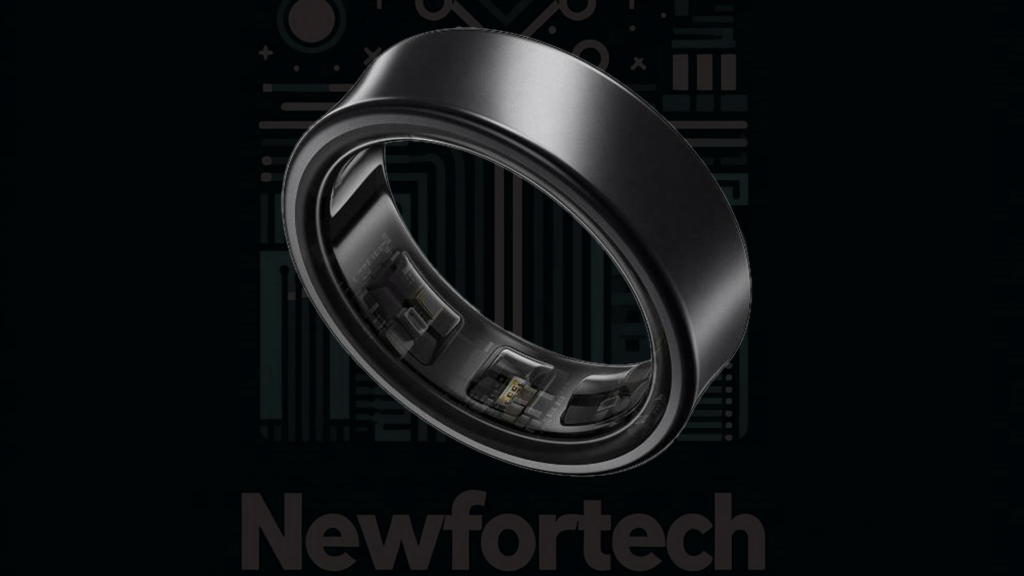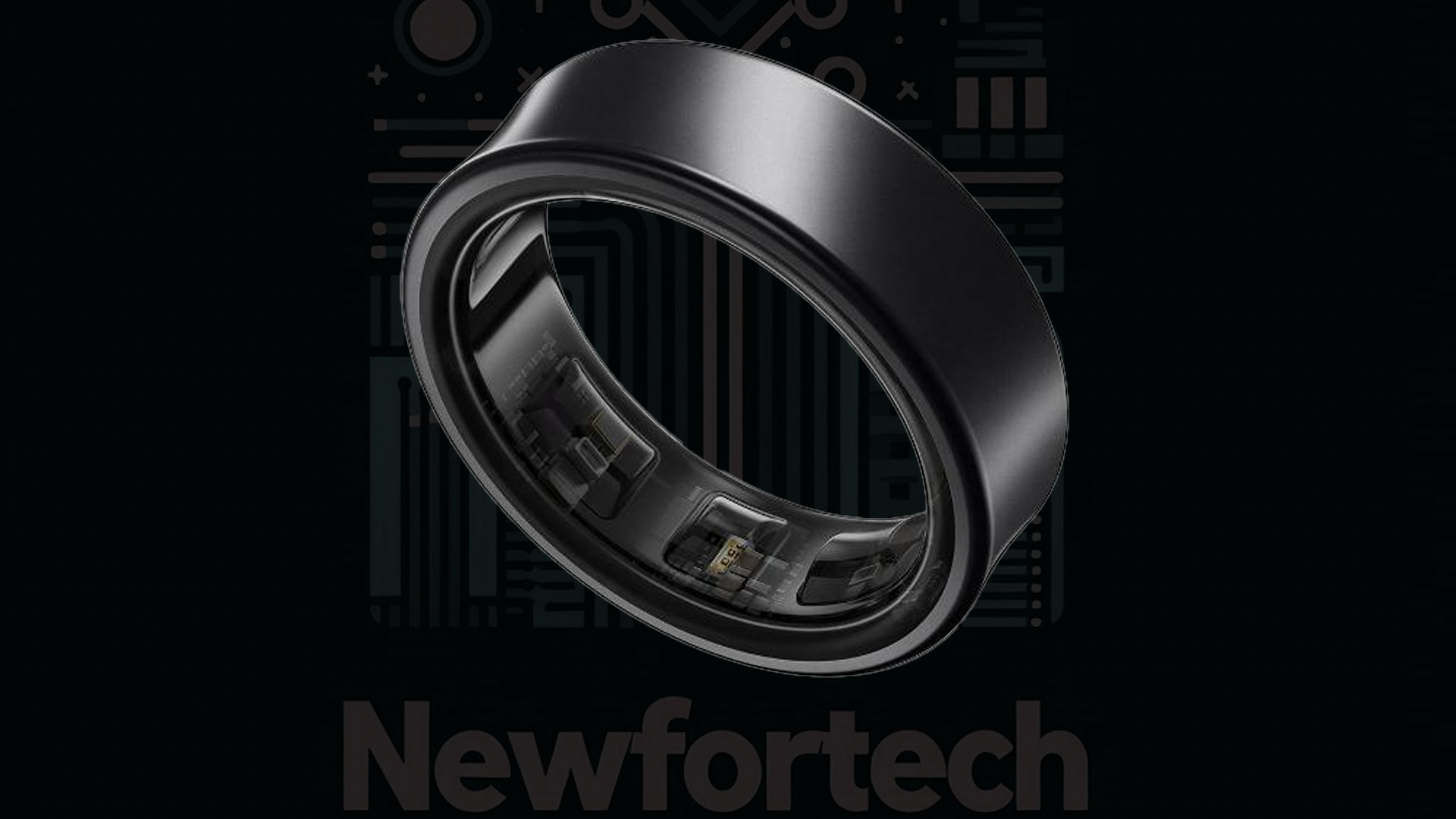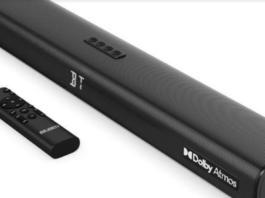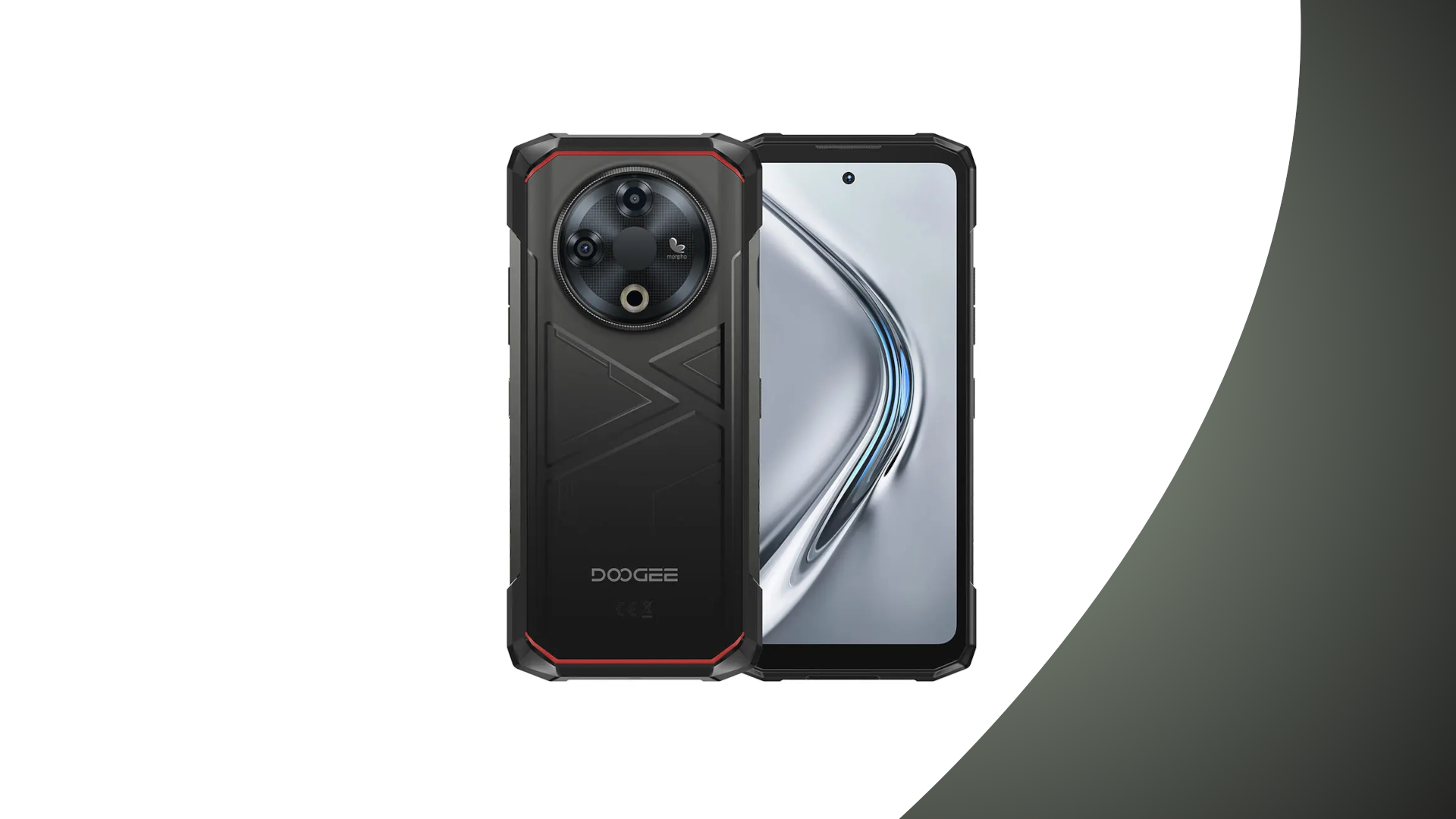The expectations from the Samsung Galaxy Ring have been huge. Samsung has done impressive work in smart rings, and this is one area where it’s hitherto seen as the bastion of startups such as Oura, Ringconn, and Ultrahuman. Samsung became the first big company to put a lot of investment into this technology and hence drew considerable attention.
It’ll be cool to watch where this fresh wearable tech goes. Wearable technology that is discreet, comfortable, stylish, and doesn’t just add another screen to my wrist? Yeah, that’s something I can get behind.
Finally, with the Galaxy Ring in hand, I charged its engagement-ring-styled case and donned the Ring onto my finger. I paired it with my everyday phone, the Oppo Find X5 Pro, to test non-Samsung device usage since I used Samsung Health for pairing instead of a Samsung phone.
What’s it like to wear the ring? Is the data it gives you useful? Is it stylish? Here’s my experience after 24 hours with the Samsung Galaxy Ring.
Comfort and Style
One of the standout features of the Galaxy Ring is in terms of aesthetic appeal and comfort. It looks elegant in Titanium Black and provides a liberating alternative to donning a watch, especially for chunky Ultra. Being able to use the full-featured Ultra for GPS workouts and daily wear but switching to the ring for evenings and overnight is an added plus.
In this instance, I can have an attractive and formal-looking analog watch over the Ring and still monitor my health without any person realizing it. I am tracking my health, but nobody knows of the fact.
When I’m doing resistance training, be it weightlifting or calisthenics, for example, the ability to take the Ring off to keep it from getting scratched and fall back to the Ultra for tracking is the flexibility that the great majority of users might not have since they would decide between a ring or a watch—not both.
The Ring is extremely comfortable to wear at night. It’s narrower than my Oura Ring, with its protective concave design being unobtrusive. Though this is a size larger than what I normally wear, it fits well enough not to slip off. Skin contact is good—it did seem to track my vitals during the day and at night without problems. It lost just 11% after 24 hours of use—including a full night’s sleep and a day at work—the battery sat at 89%.
Data and Insights
The Ring sends data to Samsung Health each morning, providing an Energy Score that’s calculated by several factors: Sleep time average, Sleep time consistency, Bed/wake time consistency, Sleep timing, Previous day activity, Sleeping heart rate, and Heart Rate Variability.
Since this was my first night with the Ring—only wearing it for half of the day—the consistency scores weren’t all taken into account, and the Energy Score was a little off.
After putting on the Ring and Watch Ultra at around 5 PM, I attended a family barbecue, romped around quite actively with my niece and nephew, and had wine before bed.
The next morning, I viewed my sleep data—it was impressive. Rightly detected my wake-up time at around 4 AM. Though my Sleep Score was 95, which is Excellent, my Energy Score was 57 or Time to Relax; probably because of the average heart rate during sleep, above the usual average, probably from the alcohol.
Not only did it reprimand me for sitting too much; it also said that I should have been more active the previous day. It counted 45 minutes of playtime against my profile but chimed in to let me know that I didn’t hit the recommended amount of 33 minutes of moderate-to-vigorous exercise—in its mind, not accounting for the morning workout before donning the Ring. Given the limited data, however, I do appreciate the tenacity of the Galaxy AI in an attempt to derive a fully representative Energy Score.

Final Thoughts
In a nutshell, the Samsung Galaxy Ring is pretty awesome. It doesn’t need a Samsung phone; an Android device will do just fine with a little software: Samsung Health. I didn’t find any major incompatibility issues in my initial tests. That said, it does lack—some features from the Oura Ring app, like tagging parts of your timeline, aren’t present.
On the upside, following through, it is the personalized, AI-driven suggestions and very accurate sleep staging where the Galaxy Ring sets itself apart. As soon as pre-order sales kick in, one will know, without a doubt, that this smart ring attracts interest. The appeal of the $400 Galaxy Ring just cannot be ruled out to the wearable tech enthusiast and, in fact, even for the first-timers. End.
Discover more from NewForTech
Subscribe to get the latest posts sent to your email.




